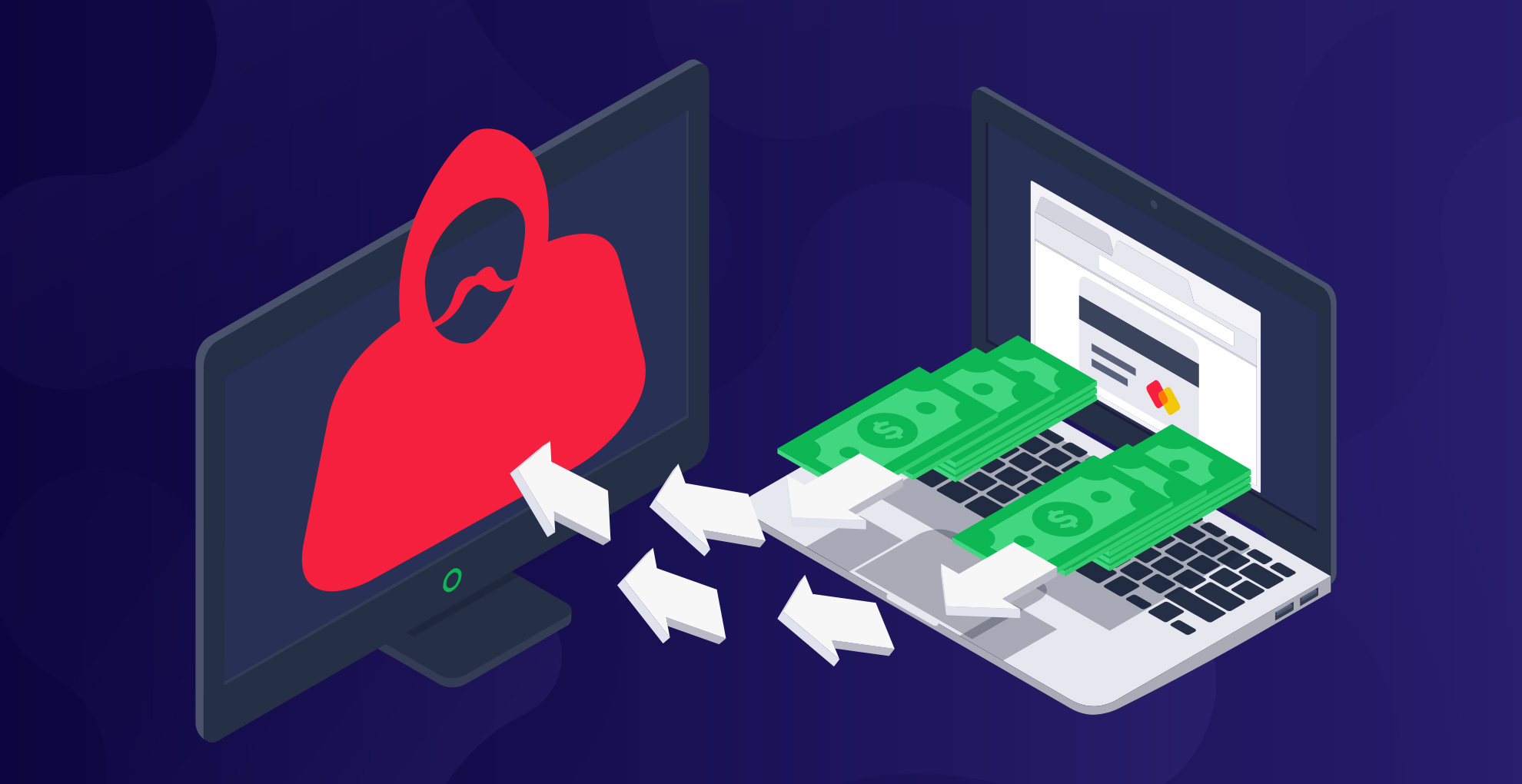Ransomware attacks are down this year - but that's not really a great thing
In some parts of the world, ransomware is growing, report claims

Despite it never being easier to launch a ransomware attack, the number of such incidents has actually dropped year-on-year, a new report from cybersecurity company SonicWall has claimed.
The company’s latest threat intelligence paper, covering Q3 2022, says that in the US alone, the number of ransomware attacks was cut in half (-51%). However, other parts of the world came into focus, with attacks rising by 20% in the UK, 38% in the EMEA region, and 56% in APJ, compared to the same timeframe, last year.
Still, it’s worth mentioning that ransomware volume hasn’t been this low since Q3 2020.
Diversifying business models
According to the cybersecurity company, since the start of the year, it recorded 338.4 million ransomware attacks.
Ransomware actors are diversifying their business models and broadening their networks, the researchers further stated, claiming that the demand for their services continues to grow. As a result, there’s been an “explosion” in the variety of different tools and resources on offer, on various underground forums and similar marketplaces.
All of this makes businesses increasingly worried about ransomware attacks. In fact, 89% of the paper’s respondents said they were worried about financially motivated threats.
“Ransomware has evolved at an alarming rate, particularly in the past five years — not only in volume but in attack vectors,” said SonicWall Emerging Threat Expert Immanuel Chavoya. “The latest Q3 data shows how bad actors are getting smarter in the development of evolutionary strains and more targeted in their assaults.”
Sign up to the TechRadar Pro newsletter to get all the top news, opinion, features and guidance your business needs to succeed!
Ransomware attackers are targeting all sorts of industries, from education to healthcare, to critical infrastructure. The problem has gotten so bad that government agencies from some of the world’s biggest nations stepped in, to try and mitigate the threat.
Usually, cybercriminals would trick employees into giving away their business credentials, and use that access to steal sensitive data and prevent the victims from accessing it, unless a ransom was paid. Should the victim decline to pay, the criminals would leak sensitive data online, hurting the businesses’ reputation and drawing in regulators looking for fines.
- Check out our list of the best malware removal solutions out there
Sead is a seasoned freelance journalist based in Sarajevo, Bosnia and Herzegovina. He writes about IT (cloud, IoT, 5G, VPN) and cybersecurity (ransomware, data breaches, laws and regulations). In his career, spanning more than a decade, he’s written for numerous media outlets, including Al Jazeera Balkans. He’s also held several modules on content writing for Represent Communications.